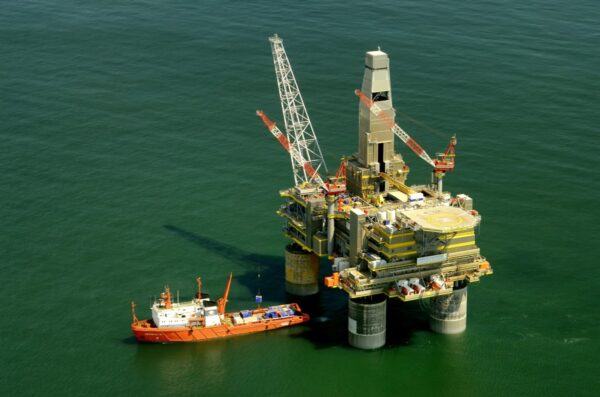Britain has given the go-ahead for one of its biggest new oil and gas projects in years, Equinor’s North Sea Rosebank field, saying energy security was the priority despite opposition from environmentalists, reported by Reuters.
Energy Security Minister Claire Coutinho said Rosebank would be less emissions-intensive than older oil and gas developments. “We will continue to back the UK’s oil and gas industry to underpin our energy security, grow our economy and help us deliver the transition to cheaper, cleaner energy,” she said.
The cornerstone of the plan to make Rosebank less emissions-intensive is to electrify the extraction process.
Norwegian energy group Equinor said the earliest the field, located west of the Shetland Islands and due to start output in 2026/27, would be electrified is 2030.
Why is the site controversial?
Environmental campaigners had urged the government to halt development of Rosebank, saying it contravened the plan for a net-zero economy. The BBC has reported that the plan has faced widespread criticism due to its impact on climate change.
Last month 50 MPs and peers from all major parties warned approving the project would be “deeply irresponsible” and risked putting climate targets out of reach and would “nothing” to reduce household bills.
The International Energy Agency renewed its assertion that no new oil and gas projects are needed if the world is to achieve its climate goals. Its updated projection suggests fossil fuel demand will fall 80% by 2050 as new solar power and electric cars continue to grow.
Protests have been carried out against Rosebank in the run-up to its approval across the country, with some groups, such as Surfers Against Sewage voicing concerns over the impact of drilling on sea life.
Broadcaster Chris Packham has called the development an “act of war against life on Earth”.
